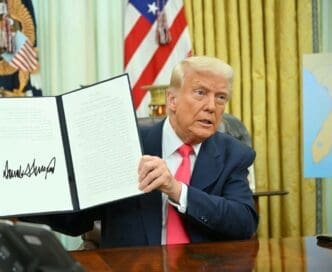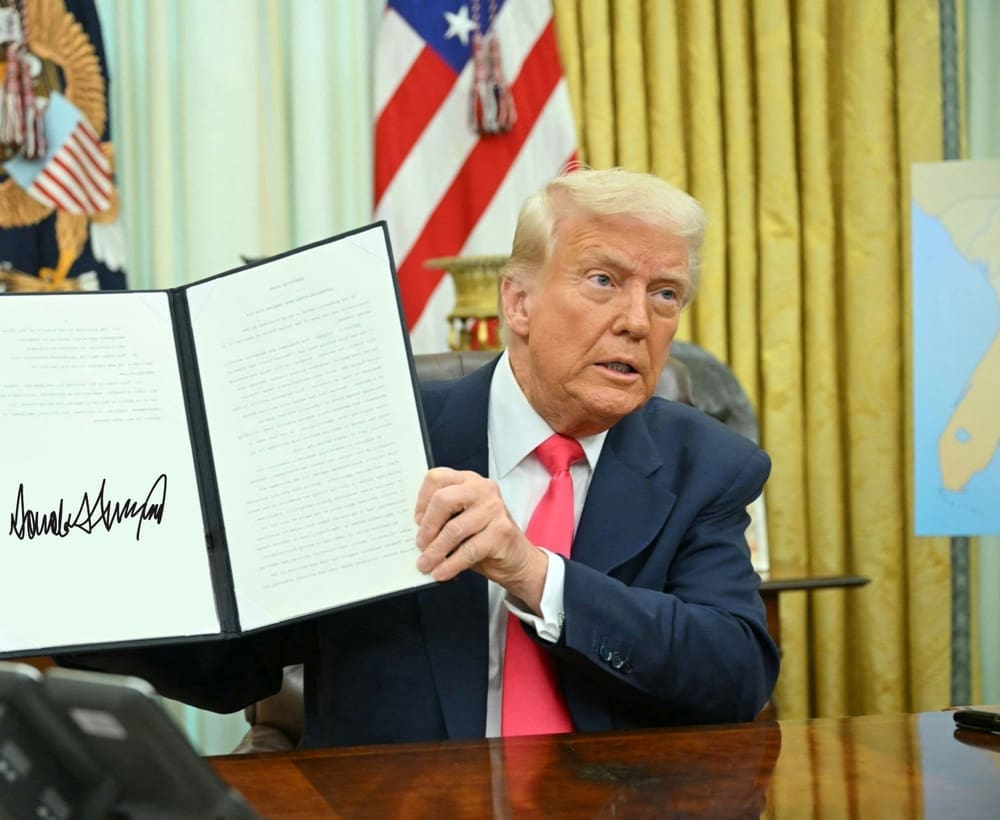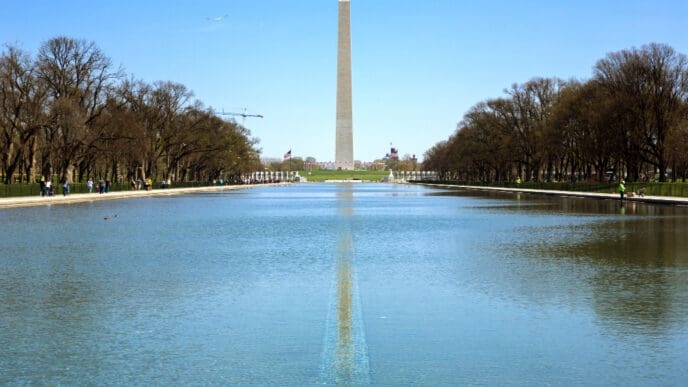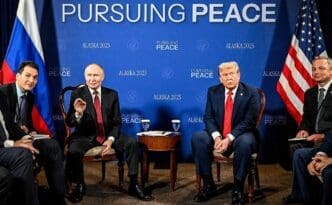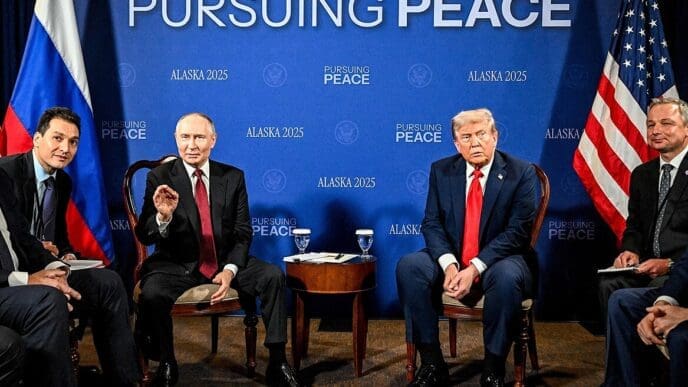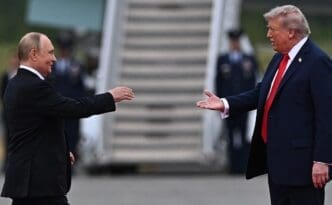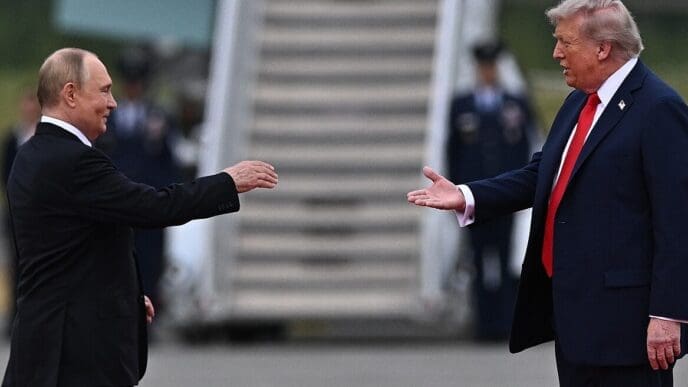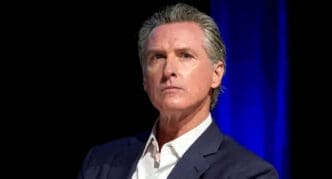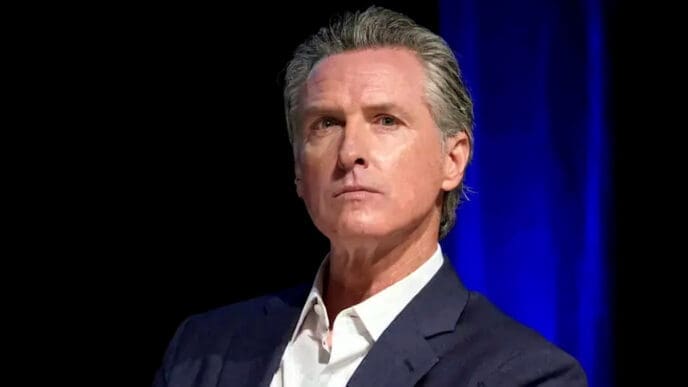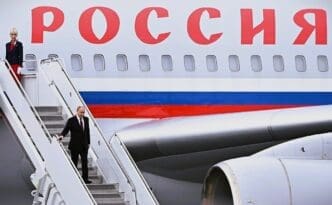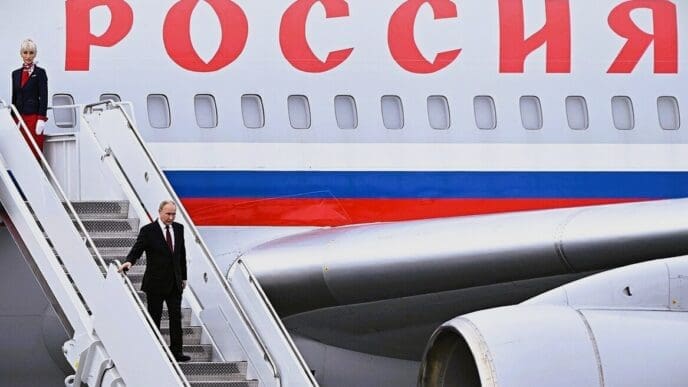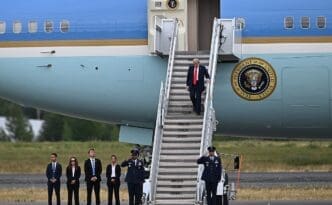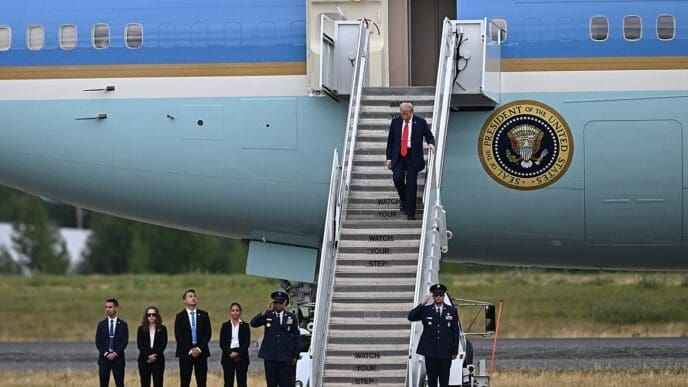The implementation of tariffs by the Trump administration is seen by many as an impending economic debacle. One underlying reason for their enactment is the democratic process itself; President Donald Trump campaigned on promises to impose such tariffs, and was elected by the public based on these commitments. However, this explanation only scratches the surface. The tariffs also highlight a deeper issue: a shift in the nature of American democracy towards a hybrid system that combines elements of both authoritarianism and democracy.
In a fully functioning democracy, a president would not have the unilateral power to impose widespread tariffs. The U.S. Constitution grants Congress, not the presidency, the authority to levy taxes, and tariffs are essentially taxes on imports. The erosion of this system has enabled the president to wield more power than is traditionally healthy. In many areas, the presidency resembles an elected dictatorship more than a constrained democratic chief executive. Historically, such systems are prone to catastrophic policy decisions due to unchecked authority at the top, unlike democracies which tend to produce better policy outcomes over time. The rise of tariffs underscores the significant risks associated with democratic decline, emphasizing the difference between stability and potential disaster.
Trump’s election was fair, yet his policy agenda marks a revolutionary shift in the relationship between state and society, aiming to replace established democratic norms with a new paradigm. This transformation involves exploiting broadly defined emergency powers to bypass Congress, which has traditionally served as a check on executive power. The result is a hybrid political system where elections occur, but the legislative branch fails to fulfill its constitutional role, enabling the president to unilaterally impact the global economy.
This phenomenon reflects a longstanding trend where Congress, due to partisanship and political reluctance, has gradually ceded its authority to the executive. This has occurred both intentionally, through the creation of the “administrative state,” and unintentionally, by granting vague emergency powers that have been broadly interpreted. The judiciary, while occasionally addressing presidential overreach, has not consistently constrained executive power, particularly in areas like trade and foreign policy.
Warnings from across the political spectrum about the dangers of growing executive power have largely been ignored, partly because internal executive checks and public opinion have previously served as informal constraints. However, these mechanisms have proven insufficient under Trump’s administration, leading to a situation where traditional political norms have been easily overridden.
The implications of living in a hybrid system rather than a full democracy are significant. While elections remain, the quality of policymaking is compromised. Democracies are known for producing better outcomes through formalized, transparent processes that allow for public debate and legal scrutiny. In contrast, authoritarian and hybrid regimes enable rapid policy changes that can have devastating consequences due to the lack of checks and balances, exemplified by historical and contemporary examples like Mao’s Great Leap Forward and Russia’s invasion of Ukraine.
Even if Trump ultimately decides against implementing the full tariff package, the broader lesson remains clear: the gradual decline of America’s democratic system places everyone in a precarious position, living under the constant threat of sudden and unilateral policy shifts.
Your World Now
- The tariffs could lead to increased prices on imported goods, affecting the cost of living for consumers nationwide.
- Local economies dependent on imports may experience disruptions, impacting businesses and employment rates.
- Long-term economic stability might be jeopardized, affecting financial markets and investment confidence both domestically and internationally.
- The erosion of democratic norms could diminish public trust in government institutions, leading to increased political polarization and unrest.
- Trade relationships with other countries may suffer, potentially resulting in retaliatory tariffs and escalating trade tensions globally.

